John Adams Comes of Age
John Adams was one of America’s greatest Patriots. Besides George Washington, Adams may have contributed more to get America its independence from England than anyone else. However, this Founding Father is not nearly as revered or well-known as the other “Big Six” of the Founding Fathers.
George Washington was the Father of our Country and Alexander Hamilton created our financial system. Thomas Jefferson wrote our Declaration of Independence and James Madison was the Father of the Constitution. Ben Franklin was present at virtually every significant event in the Revolutionary period.
It seems Adams cannot hang his hat on any one big thing. However, John Adams’ forceful and persuasive argument in favor of declaring our independence from England is what carried the day at the Second Continental Congress. His strong and clear reasoning convinced skeptical delegates to unanimously vote for a complete separation from the Mother Country. And by the way, he was also our second President.
Adams’s story begins in Braintree, Massachusetts where he was born on October 30, 1735, to John Adams, Sr. and Susanna Boylston. The senior Adams was a Harvard educated farmer who made shoes (a cordwainer) to supplement the family’s income. He also was a deacon in the local church, a selectman in the town council, and a lieutenant in the militia. It is easy to see where young John got his drive and commitment to the greater community.
The family household was run in the strict Puritan fashion, with a focus on hard work, honest living, and good morals. These traits helped shape the fine character and straightforward manner, but also stubborn nature Adams so frequently displayed in later life.
Unlike some of the Founders like George Washington and Benjamin Franklin, Adams received a formal education beginning at age six and continuing until he entered Harvard in his sixteenth year in 1751. His father had hoped for John, Jr. to study for and enter the ministry upon graduation, but this profession held little interest for the son.
John Adams craved the blessings of fame more than those associated with the pulpit. He wanted “Honour or Reputation” and to avoid the fate of “the common Herd of Mankind, who are to be born and eat and sleep and die, and be forgotten.” Moreover, he found the legal profession filled with “noble and gallant” achievements, while the clergy was a “pretended sanctity of absolute dunces.” John Adams was nothing if not blunt.
In 1754, while in his third year at Harvard, the French and Indian War broke out and Adams felt the martial pull like so many of his contemporaries. He longed to follow in the footsteps of his father and join the militia, but Adams remained in school. He lamented this decision later in life, and he never did wear a soldier’s uniform.
Adams graduated from Harvard in 1755 at the age of twenty. His first job was as a schoolteacher in Worcester, Massachusetts. After just one year, Adams knew the classroom was not for him and he began to study the law under James Putnam, a local attorney. Three years later, in 1759, Adams was admitted to the bar in Massachusetts.
Benjamin Blythe. “Abigail Adams.”
He set up his practice in his hometown of Braintree and experienced the normal ups and downs of learning a new profession, but he always persevered. Adams got better at his work by studying the habits of the leading lawyers of his day like James Otis, especially how to convincingly speak before a jury. Adams stated, “I was too incautious and unartful in my proceedings, but practice makes perfect.”
By 1761, John had improved enough to be admitted to practice before the Superior Court of Braintree. That same year, Adams’ beloved father died, leaving John a nine-acre farm and a house. It was to be the Adams homestead until 1783.
In 1764, after a five-year courtship, John Adams married Abigail Smith, his third cousin. Theirs was to be a wonderful marriage between two compatible people. They were true partners in life and had six children, four of whom survived to adulthood. Their oldest boy, John Quincy, would become our nation’s sixth President and served seventeen years in the House of Representatives after leaving the Oval Office, a testament to John and Abigail’s parenting.
A man’s personality and life view are generally formed during his youth and early manhood. John Adams was no exception. The honesty, determination, and devotion he displayed so often serving his beloved country was learned as a young man.
Next week, we will talk about John Adams and his growing involvement in America’s quest for independence. Until then, may your motto be “Ducit Amor Patriae”, Love of country leads me.

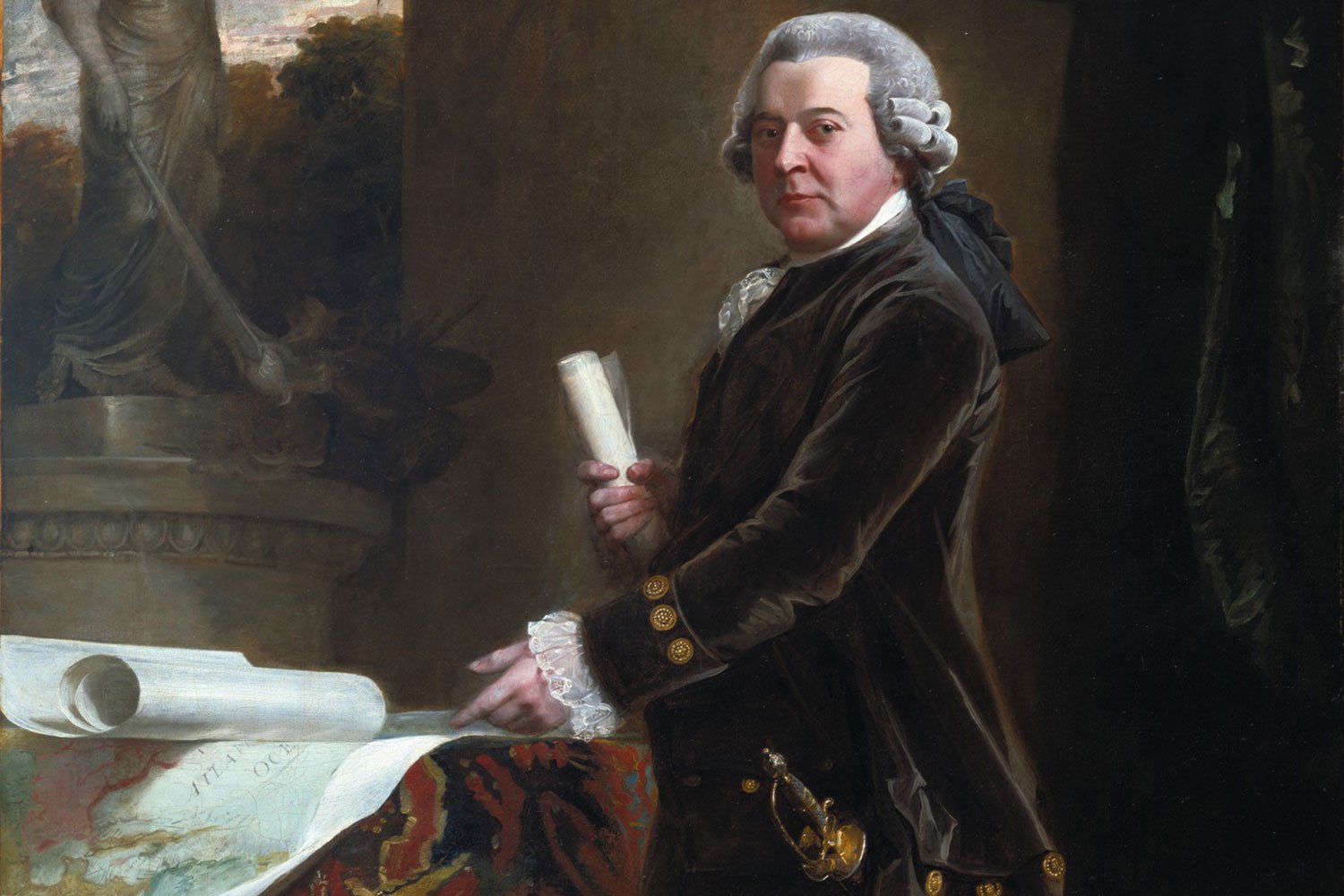
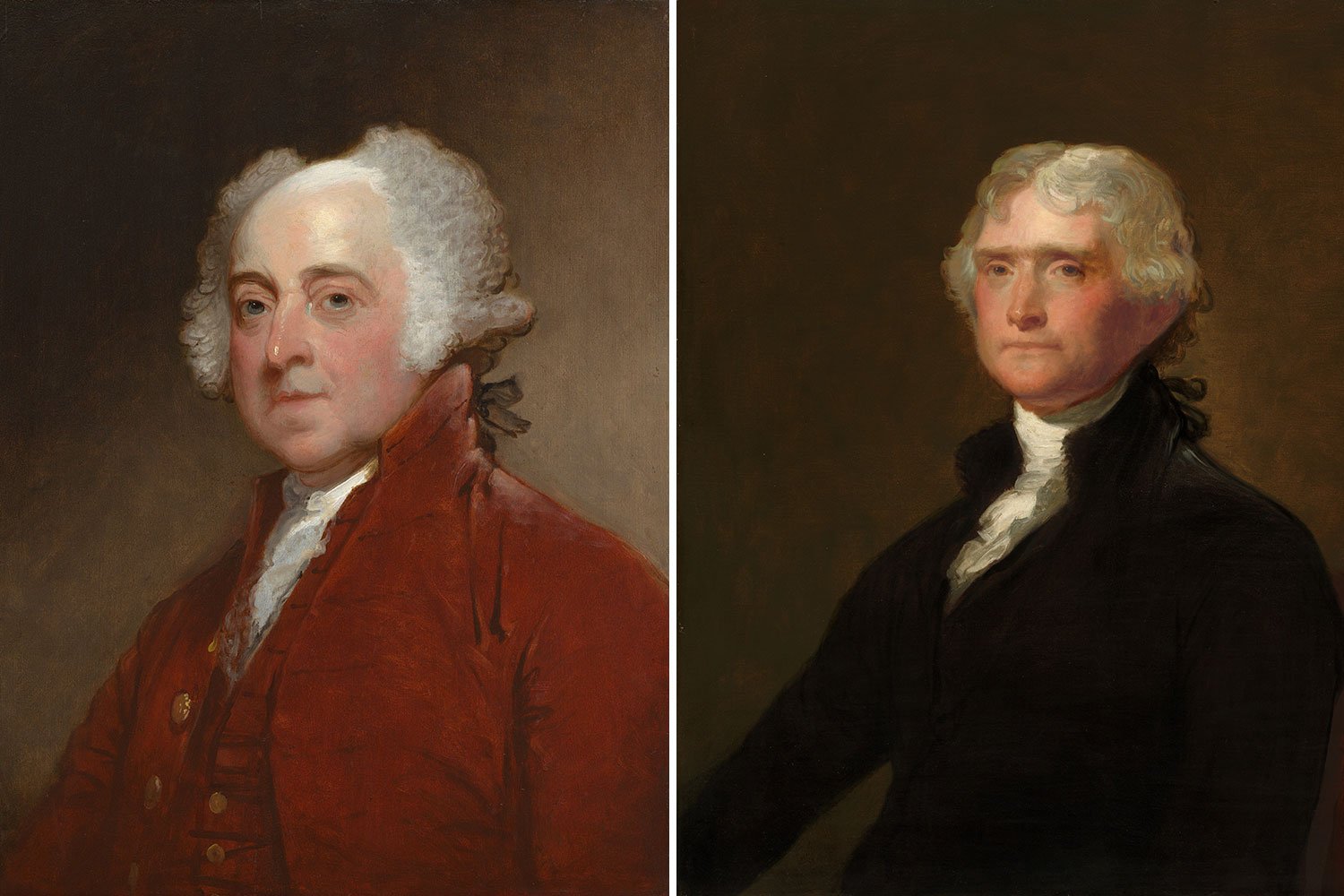
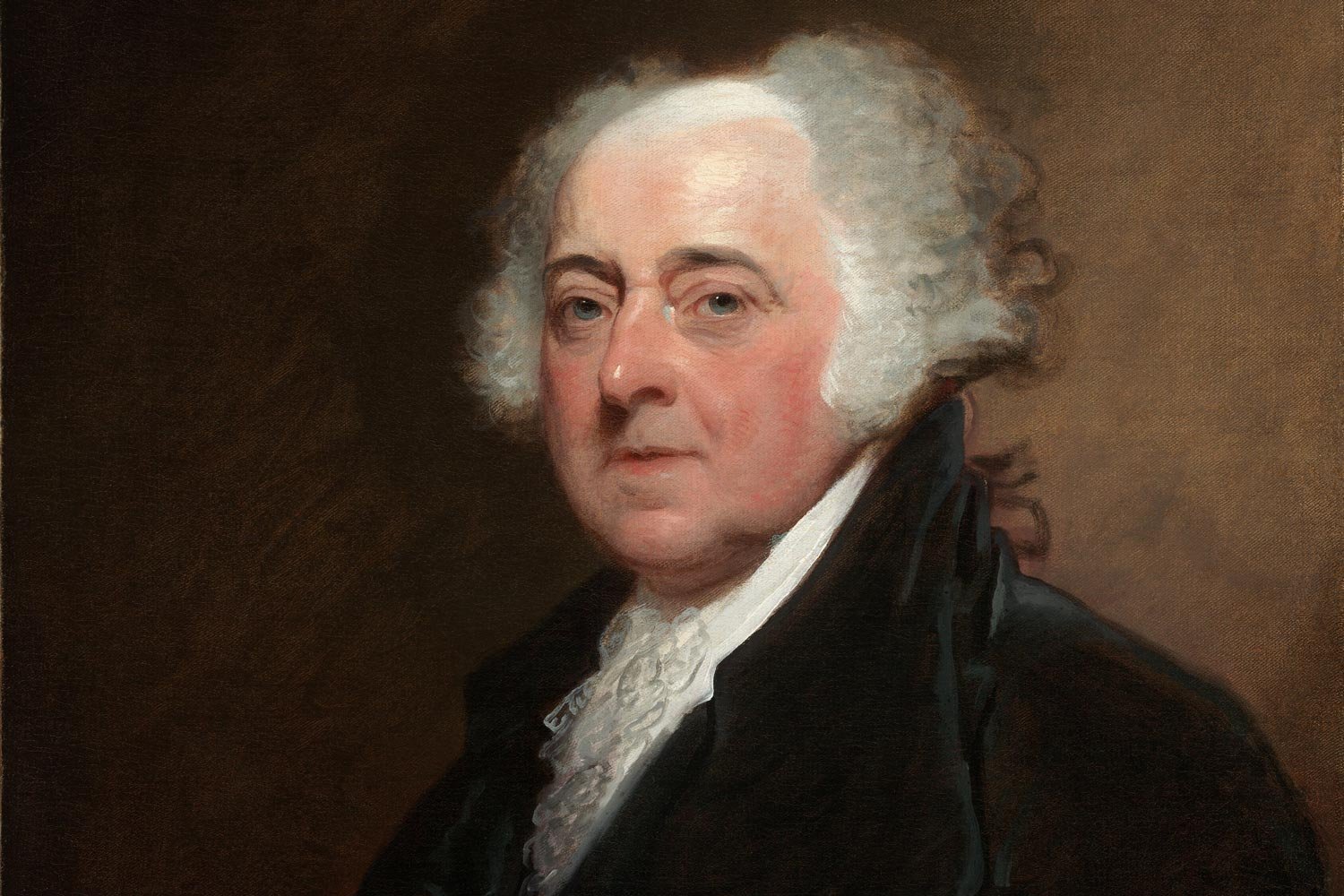
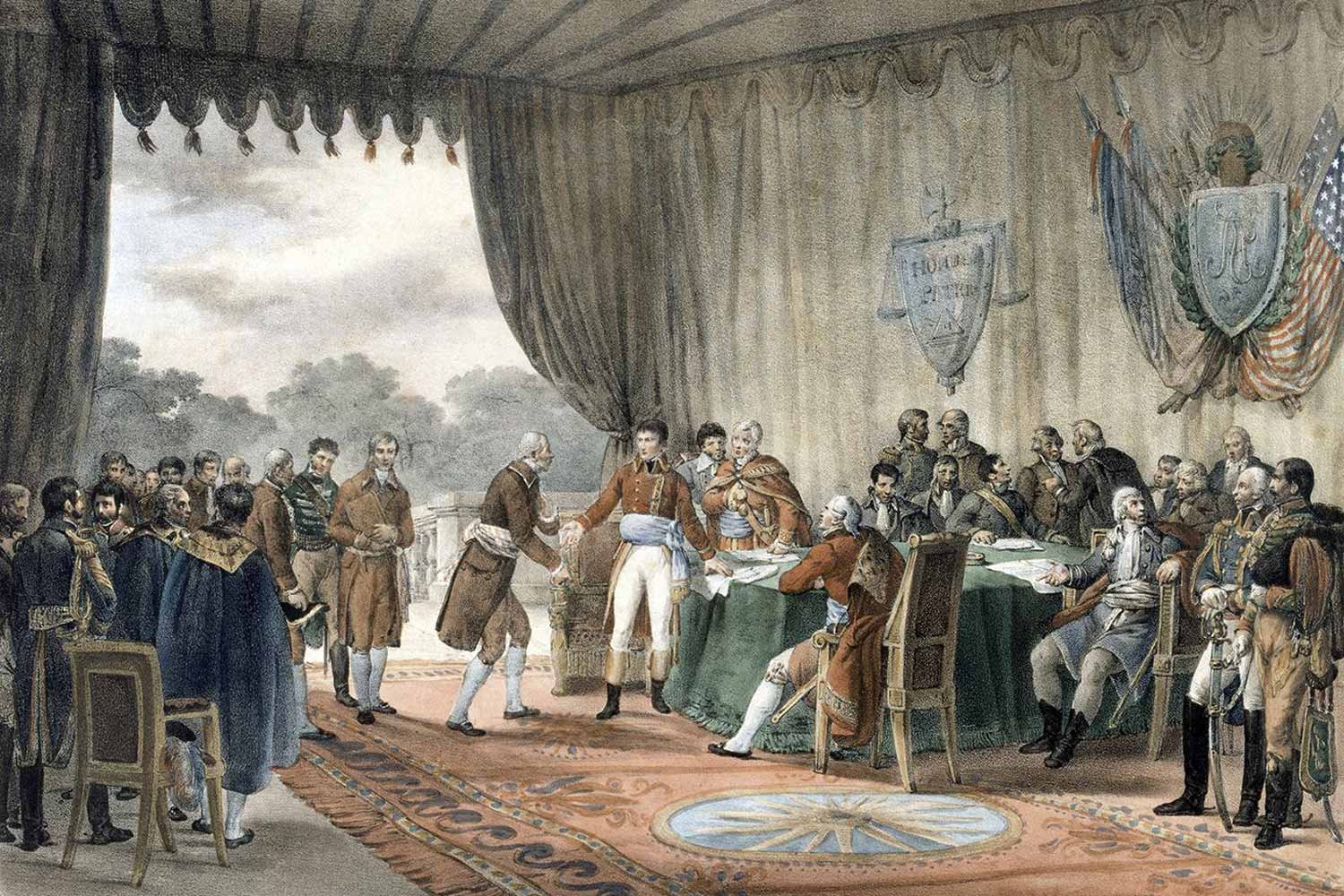
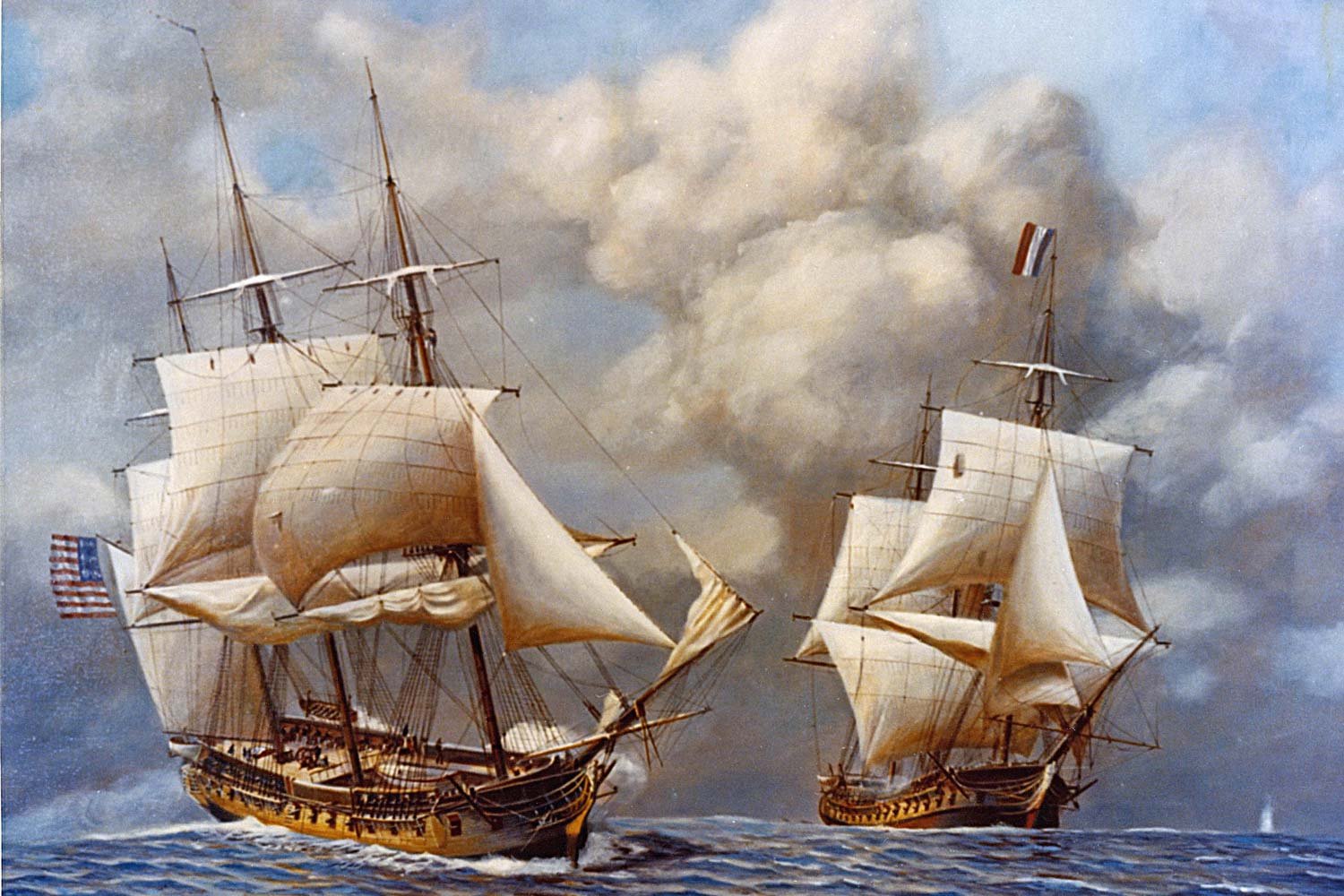
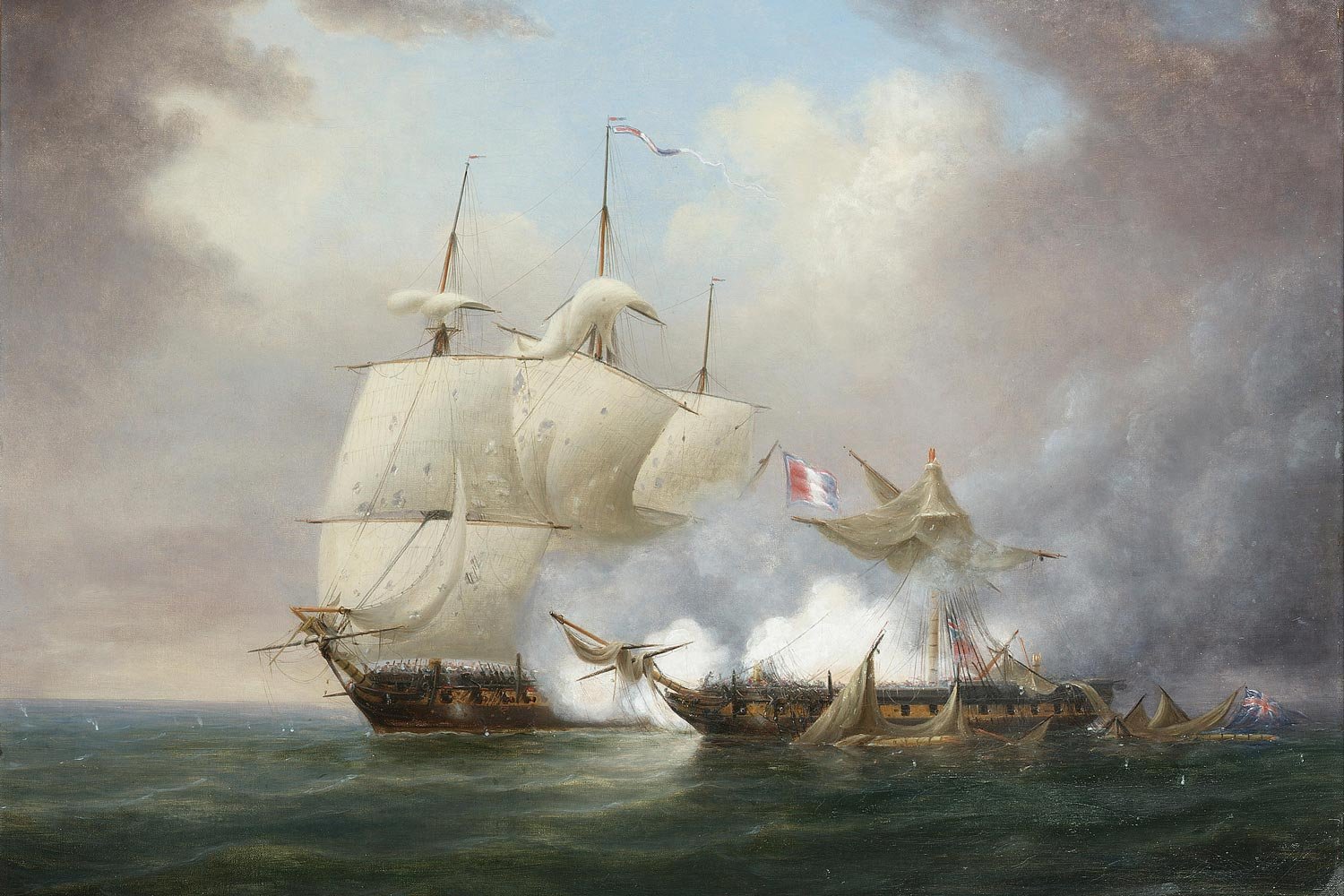
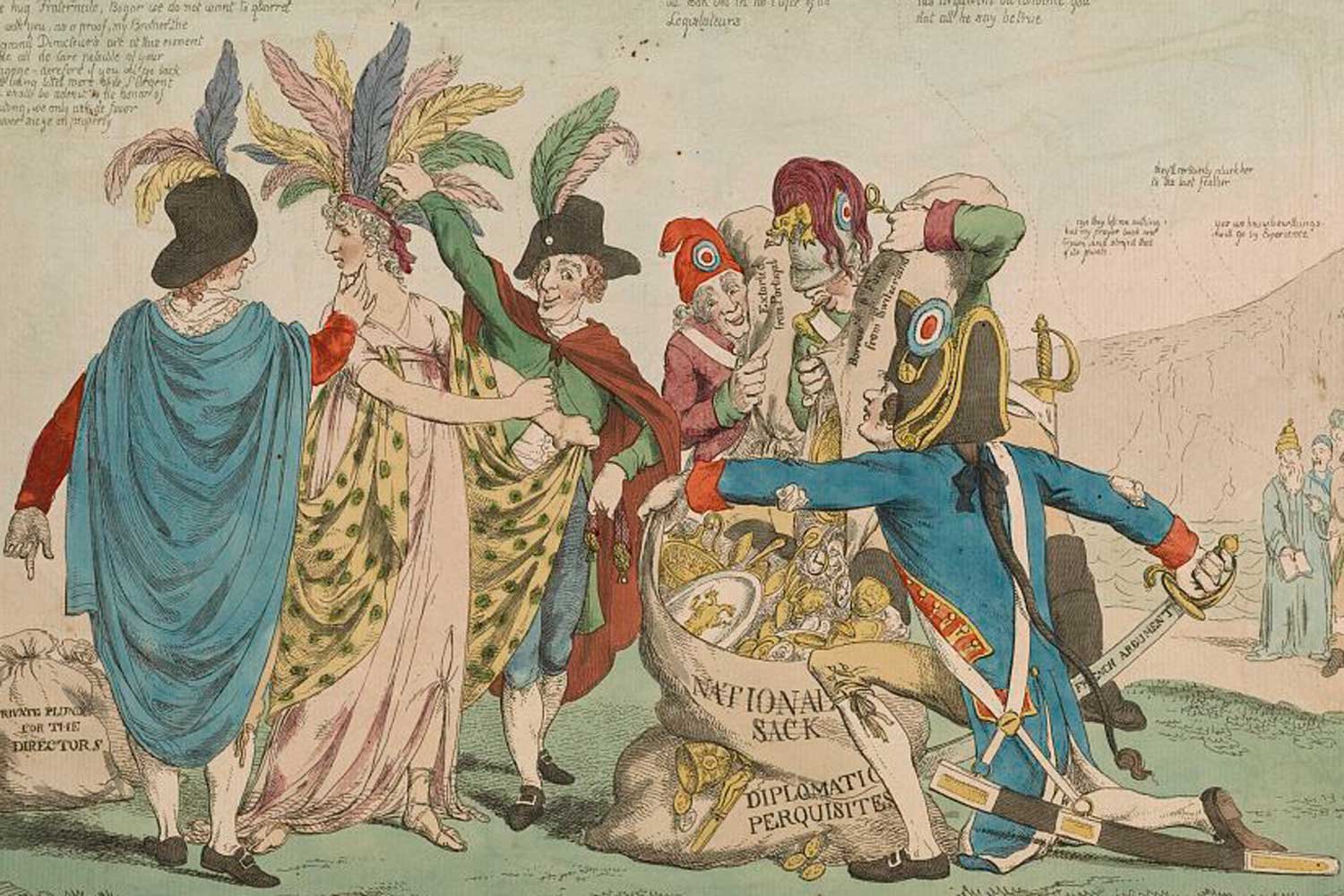
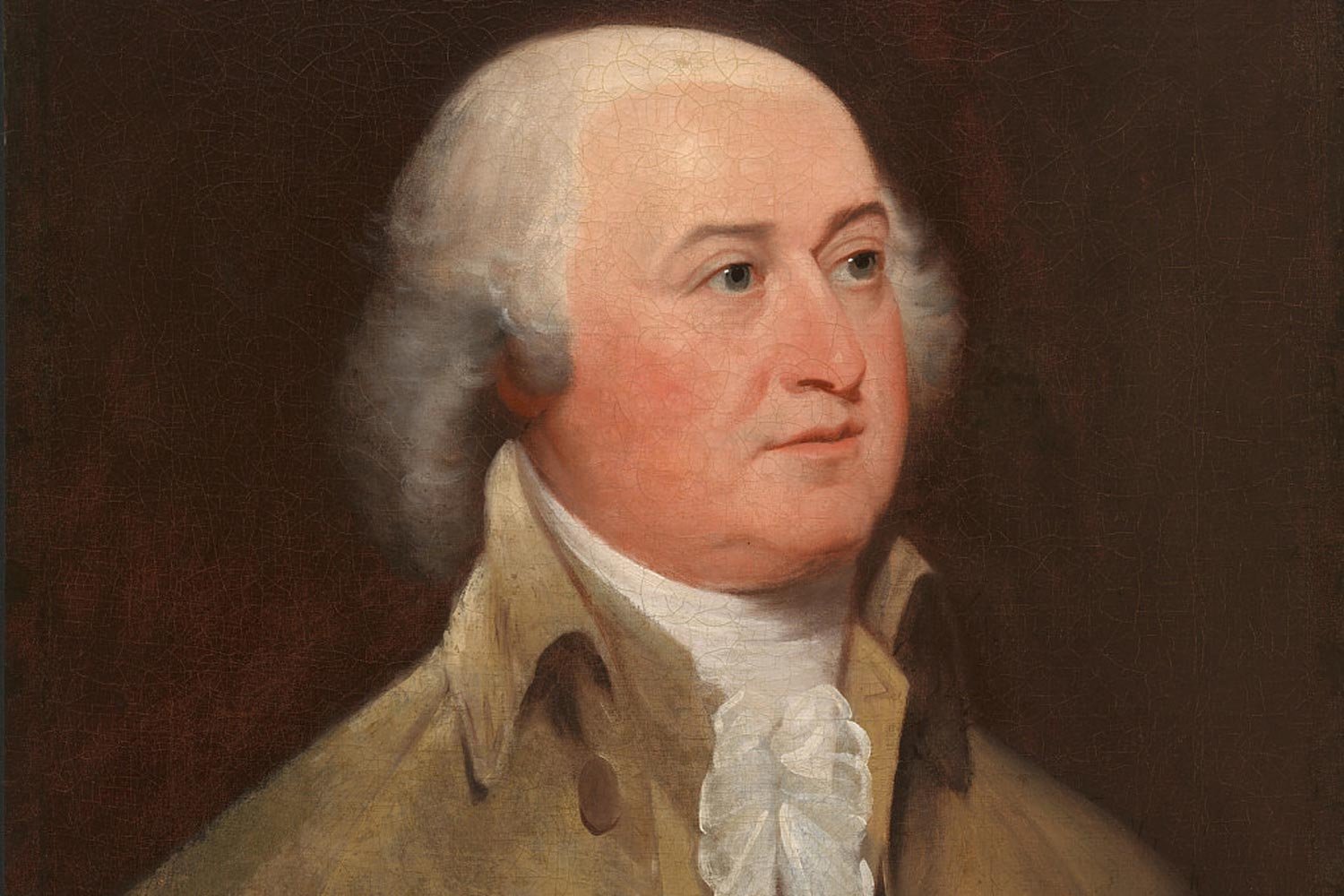
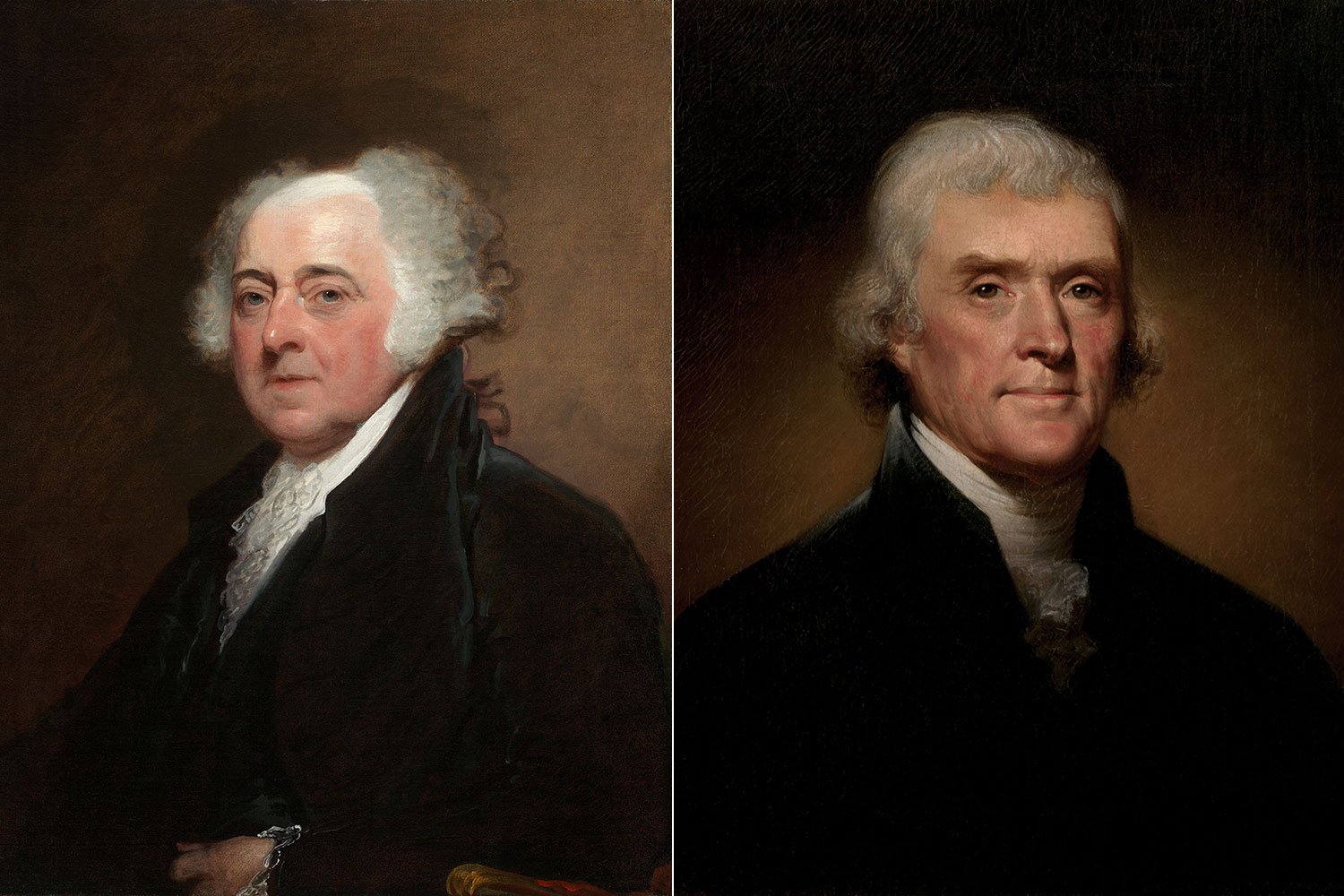
On May 15, 1776, the fifth Virginia Convention meeting in Williamsburg passed a resolution calling on their delegates at the Second Continental Congress to declare a complete separation from Great Britain. Accordingly, on June 7, Richard Henry Lee rose and introduced into Congress what has come to be known as the Lee Resolution.